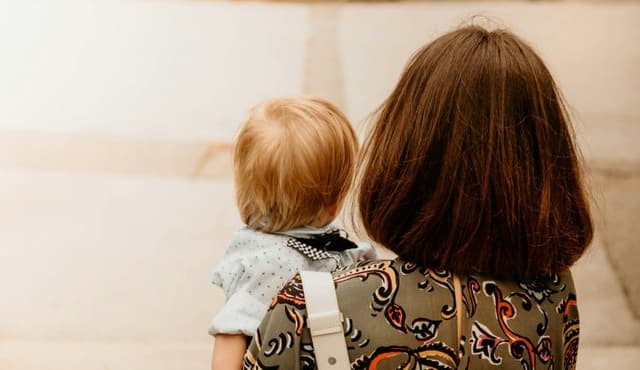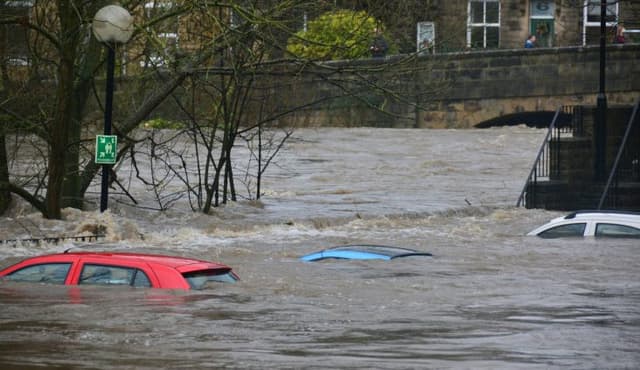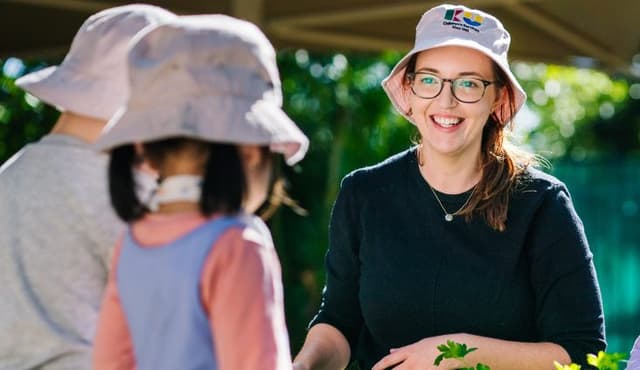NQF and Policy Changes
Professional development
Kindergarten scrapbooks aren’t just your child’s keepsake

Freya Lucas
Jun 24, 2019
Save
As the end of the school year approaches, kindergarten students are returning home with mounds of notes, photos, paintings and drawings that educators have been collecting throughout the year. It has many parents wondering: What do I do with all this stuff?
As a scholar of early childhood development, a parent educator and an early childhood consultant, I am aware of the purpose behind these student collections. However, as the mother of a kindergartener, I’m also aware that many of the parents I encounter are unfamiliar with how their children’s work — sometimes bound together in beautiful scrapbooks — is intimately connected to their learning.What I’m talking about is what early childhood educators call pedagogical documentation — documentation related to learning.
My doctoral research is on the topic of pedagogical documentation technology in Ontario’s kindergarten program, or how kindergarten teachers and parents are making use of an online platform called Storypark to document and share what is happening with children’s development. Upon the completion of my research in June 2019, Storypark contracted me to present my findings to school boards and day cares, and to create content about how early childhood learning environments can use digital documentation. I have yet to begin doing this work with Storypark.
But why document and share at all? Before seeking to understand the impact of online sharing, my research explored how and why documentation itself is a critical component of early childhood learning and development and a cornerstone of Ontario’s play-based kindergarten program.
Why document learning?
Noticing what is happening in children’s development is one of the primary methods that early childhood educators use to assess and support their students’ learning.To the untrained eye, the artefacts that children create as they engage in a play-based learning activity look simple and straightforward, perhaps a bit like play itself. However, upon closer examination, these artefacts offer a window into children’s thinking and concrete evidence of their learning.
In the Ontario kindergarten classroom, kindergarten teachers use this evidence to not only gain insight into their students’ development, but also identify their evolving interests.
Like detectives
Kindergarten educators are less like instructors and more like detectives who investigate alongside their students, asking them thought-provoking questions and encouraging critical thinking skills. This particular style of adult-child interaction is rooted in both sound theory and research.Loris Malaguzzi, one of the founders of the Reggia Emilia approach to education, believed that adults and children worked together to co-construct knowledge. Therefore, pedagogical documentation became an essential component of this type of teaching and learning. Documentation provided early childhood educators with a tool to record and make visible children’s learning processes as they unfolded.
Early childhood researcher Iram Siraj-Blatchford describes adult-child interactions that involve solving problems, clarifying ideas, evaluating activities or telling stories as “sustained shared thinking” and notes that such activities have a positive impact on children’s cognitive development.
Parents’ role
But pedagogical documentation does not just benefit kindergarten educators and students. It also supports parents’ understanding of, and involvement in, their children’s learning. Through this documentation, parents are able to see, comment on and reflect upon their children’s progress with children themselves and, ideally, with educators.The Ontario Ministry of Education prioritises parental involvement in schools, particularly in the full-day kindergarten program, since “parents are the first and foremost powerful influence on children’s learning, development, health and well-being.”
Therefore, pedagogical documentation is not simply a tool that kindergarten educators use to assess and support their students’ learning, but also a means to communicate and collaborate with parents.
Research shows that a reciprocal relationship between the home and school learning environment enhances developmental outcomes. Educators and parents not only work together in support of the child, but also learn from one another about the child. This exchange of information is critical to developing a more comprehensive understanding of what the child needs to thrive in both learning environments — in school and at home.
Challenges to pedagogical documentation
However, creating and sharing pedagogical documentation with parents on a regular basis is not always easy in kindergarten classrooms. In a study on student involvement in pedagogical documentation, researcher Christine McLean identifies several challenges — chief among them a lack of time.For example, in Ontario, a team approach in kindergarten classrooms pairs a teacher who is a specialist in longer-term primary school curriculum and learning outcomes with an early childhood educator who specialises in early childhood development.
While the teachers have paid preparation time for activities such as pedagogical documentation, early childhood educators in many school boards do not. This puts the responsibility of documentation all on kindergarten teachers and leaves out the important perspectives of early childhood educators.
Class size also presents a challenge to documentation. As kindergarten classes sometimes have up to 30 students per classroom, educators find it difficult to not only document each student’s learning, but also interpret and share this documentation with parents.
Finally, out-of-synch work schedules may make it difficult for kindergarten educators to actively share pedagogical documentation with parents. Because students are sometimes dropped off at childcare well before the school day starts and picked up after classroom educators have left for the day, face-to-face communication between educators and parents is sometimes rare.
Pedagogical documentation technology
Pedagogical documentation technology or electronic portfolios have emerged as one solution to many of the challenges that traditional pedagogical documentation presents.Since it is a relatively new phenomenon, little research been done on the use of this technology in early childhood settings. However, preliminary findings thus far suggest that pedagogical documentation technology may be helpful in strengthening educator-parent partnerships and communication.
Whether it happens digitally or traditionally, documentation in kindergarten and early childhood education matters to planning, learning, process and communication. Those small markings, pastings, colourings and creations are not just busywork but intricate traces that support a larger unfolding of learning.
Isn’t this amazing? Even as it admittedly does not help parents decide what to keep, frame or recycle!
Mary Elizabeth Picher, Doctoral Candidate at the University of Toronto, University of Toronto
This article is republished from The Conversation under a Creative Commons license. Read the original article.
Don’t miss a thing
Related Articles



















